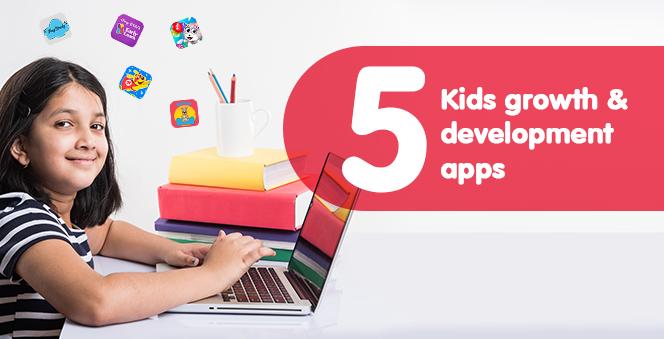Music when injected deep into the mind from a tender age, would act like the cinnamon to your sweet dish. Your child is the most active during his early ages, and, thus, when incorporated with a musical mindset has been scientifically proven to be very effective in the overall cultural development of your child’s psychology from a very young age.
BENEFITS OF MUSICAL IMPACT SINCE A TENDER AGE:
• Impacts the creative side – Studies have proven music to be of a great impact when taught or learned from a very tender age. It enhances your child’s creative side of the brain and boosts creativity amplifying how the brain responds to unwanted creative blocks of your child.
• Memory booster – Studies have shown, music has been of the utmost importance and plays a very crucial role as a memory booster. The memory cells of the brain get charged an exercised when introduced to a musical connection.
• Enhances concentration – Music requires the engagement of the body and the soul, irrespective of the age at which it is learned. At a young age, when the mind is the most active and can take a learning oath the best, music helps the child increase his or her concentration level. It is scientifically proven to be an enhancer of concentration levels. Also, your child tends to be calm ad composed in decision-making situations from a very young and early age day and time period, as has the research-proven necessary.
WAYS TO STIMULATE YOUR CHILD’S MUSICAL BRAIN:
• Through activity sessions – Keep the sessions short as at this age, long sessions would necessarily and unwantedly bore them. Short and interactive music sessions, where one-to-one interaction is possible would not only be beneficial but also would be helpful in keeping your child interested and would help him or her concentrate better for the sessions.
• Basics first – Basic training and crisp understandable sessions for music should be given an eye upon. Help your child grasp the concept of the music before overloading him with heaps and piles of technicalities as it would just confuse your child and would not be of great impact.
• Imitate and interact – Keep the session interactive and imitate as your child sings through the words and lyrics. Try to not cut the flow in order to correct what he or he is singing as this would lower the confidence and would interrupt the flow of your child’s singing interest. Try to be as friendly in the procedure as possible. A child’s Musical Mind Imitates the words to make him or her understand what he or she is singing and remembers the lyrics to the song.
• Others of the same age group – Children are the most interactive and open when with others from the same age group. Try forming a music group with children from the same age group, maybe your child’s friends group. This would help him be more interested in the process of learning the music.
• Music teacher – No one but someone trained in music would know where to teach the child, and where the basics start. So try seeking or looking out for a music teacher who could give your child the best idea for the same Child’s Musical Mind.
Overall, make sure, your child is happy during the entire procedure, look for the interests of the child, and only then would his musical brain be stimulated in the right direction.




